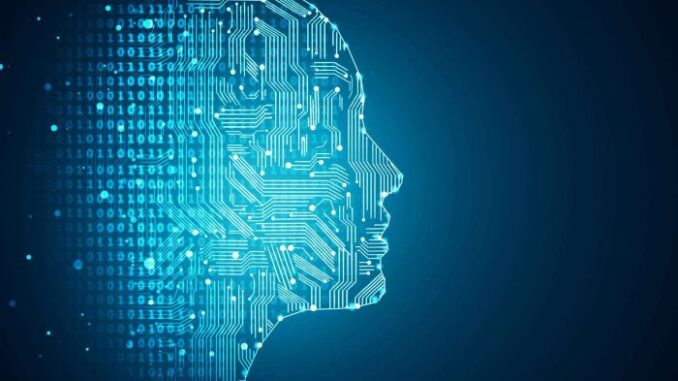
Artificial Intelligence (AI) has become a transformative technology across various fields, leading to the emergence of several professional roles
that focus on developing, implementing, and managing AI systems. Here are some key AI-related professions:








1. **Data Scientist**: Data scientists analyze and interpret complex data to help organizations make informed decisions. They use machine learning algorithms and statistical techniques to extract insights and build predictive models.
2. **Machine Learning Engineer**: These professionals specialize in designing and implementing machine learning models. They work to create algorithms that enable systems to learn from data and improve over time.
3. **AI Research Scientist**: Focused on advancing the field of AI, research scientists conduct experiments and develop new algorithms and methodologies. They often publish their findings in academic journals and conferences.
4. **Deep Learning Engineer**: A subset of machine learning engineers, deep learning engineers specifically work with neural networks, designing architectures (like CNNs or RNNs) and training models for tasks like image and speech recognition.
5. **AI Ethicist**: With growing concerns over bias, privacy, and the ethical implications of AI, ethicists analyze and provide guidelines on the responsible use and development of AI technologies.
6. **Natural Language Processing (NLP) Engineer**: These engineers develop systems that understand and generate human language. They work on applications like chatbots, language translation services, and voice recognition technologies.
7. **Computer Vision Engineer**: This role focuses on enabling machines to interpret and understand visual information. Computer vision engineers build applications for facial recognition, object detection, and image classification.
8. **Robotics Engineer**: Robotics engineers design and integrate AI technologies into robots, enabling them to perform tasks autonomously. This often includes working with machine learning to improve robotic functions.
9. **AI Product Manager**: Responsible for guiding the development of AI products, these managers work at the intersection of technology and business, ensuring that products meet user needs and market demands.
10. **Business Intelligence Analyst**: These analysts leverage AI tools to analyze data and generate insights that inform business strategies, helping organizations make data-driven decisions.
11. **AI Consultant**: Consultants provide expertise to organizations looking to implement AI technologies. They help businesses understand AI’s potential benefits and develop strategies for integration.
12. **Big Data Engineer**: Big data engineers develop and manage the architecture and infrastructure for large-scale data processing, which is essential for training AI models.
13. **AI Trainer**: In machine learning, trainers prepare training datasets and fine-tune models, ensuring they learn correctly from the data provided.
14. **AI Operations Engineer (MLOps)**: MLOps engineers focus on the deployment, monitoring, and maintenance of machine learning models in production environments, ensuring that AI systems operate effectively and reliably.
15. **User Experience (UX) Designer for AI**: UX designers specializing in AI focus on creating user-friendly interfaces for AI applications, ensuring that users can easily interact with intelligent systems.
These professions highlight the interdisciplinary nature of AI, requiring knowledge in computer science, mathematics, domain expertise, and a strong emphasis on ethics and user experience. As AI continues to evolve, the demand for skilled professionals in this field is likely to grow significantly.

Leave a Reply